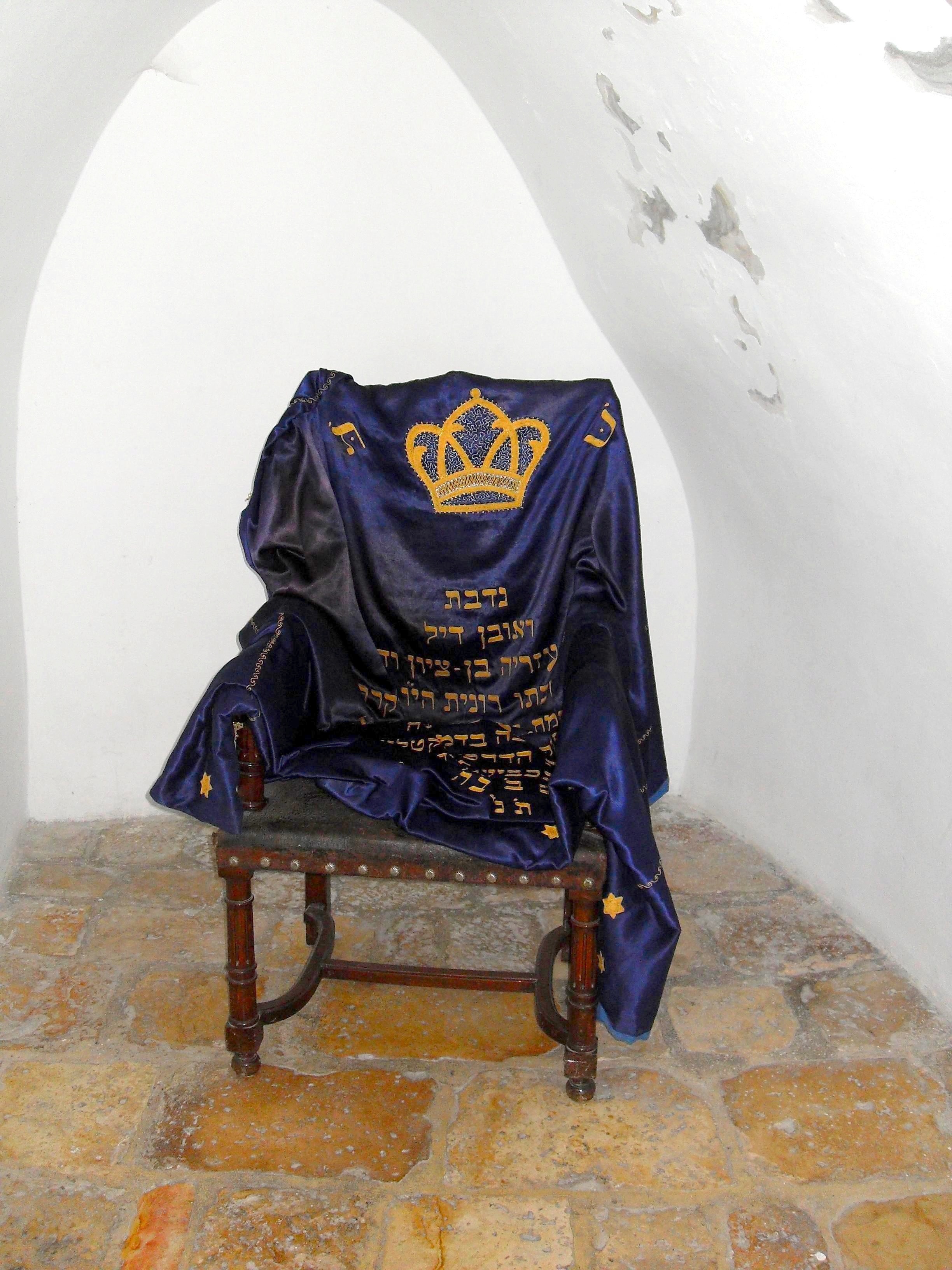Blog
“Seeking Christ Plus”
Categories: Bulletin Articles, M. W. Bassford
“Jesus, Name Above All Names” to the contrary, Christ is not the hope of glory. Instead, according to Colossians 1:27, Christ in us is the hope of glory. If Christ dwells in us, ours is the hope of dwelling eternally with Him. In Colossians 2:6, Paul says that this involves receiving Him as Lord and continuing to walk in Him.
However, he spends the next context of Colossians warning us against attempts to add anything to this Christ-centric formula. He highlights two related manifestations of this problem. The first is submitting to the judgment of those who want to enforce regulations concerning food and drink, festivals, new moons, and Sabbaths (2:16). The second is deferring to those who delight in asceticism, the worship of angels, and visions (2:18).
In the former, especially given Paul’s earlier discussion of circumcision, we have no trouble recognizing Judaizing false teachers. They taught that believing, baptized Gentiles also had to submit to the ordinances of the Law of Moses, especially circumcision. The grace of Christ and walking in Christ aren’t enough. You need Christ plus.
This same impulse appears today in those who want to bind things outside the law of Christ on other Christians. Often, these brethren are acting with good intentions. They’ve come to their own conclusions about the application of certain passages (as indeed we all must), they see other Christians acting contrary to those conclusions, and they speak up because they genuinely can’t tell the difference between what they’ve concluded and “thus says the Lord”.
From this, there are two lessons that we should draw. First, whenever anyone tells us to do anything in the name of Christ, we always are right to ask, “Where is it written?” The most “conservative” approach does not deserve deference unless it also is the most Scripturally founded.
Second, we must beware of this tendency in ourselves. It’s fine to have views about godly living. It’s even fine to share them with others. However, we must take care to distinguish between what we think and what God has said. Seating ourselves in the chair of Moses is a great way to shut down disagreement, but it’s hazardous to our spiritual health and the health of others.
Similarly, in the angel-worshiping ascetics of v. 18, we find those whose beliefs would produce Gnosticism in another several decades. The name “Gnostic” itself came from the Greek verb ginōskō, “to know”. The Gnostics were self-described knowers. They believed that they had spiritual insights that ordinary Christians didn’t.
Most brethren don’t have to be warned against spiritual know-it-alls, but we must be careful not to become one ourselves. We must beware of the intellectual pride that accompanies staking out a maverick position based on our superior knowledge of the Scriptures. Maybe we just “get it” and those clods in Sunday morning Bible class don’t, but we also should consider the possibility that the clods get it and we’re the ones whom the devil has tangled up. Frankly, years of teaching auditorium classes have, as a rule, left me more impressed with the collective wisdom of God’s people than with the folks I’ve encountered who think they’re on a higher spiritual plane.
If we want to have the hope of glory, humility is vital. If we truly are wise and understanding, that will reveal itself in deeper reverence for our Lord, deeper obedience to His will, and deeper subjection of ourselves. We don’t need anything but Christ, and the more we try to add anything, the more we will lose what we need.





